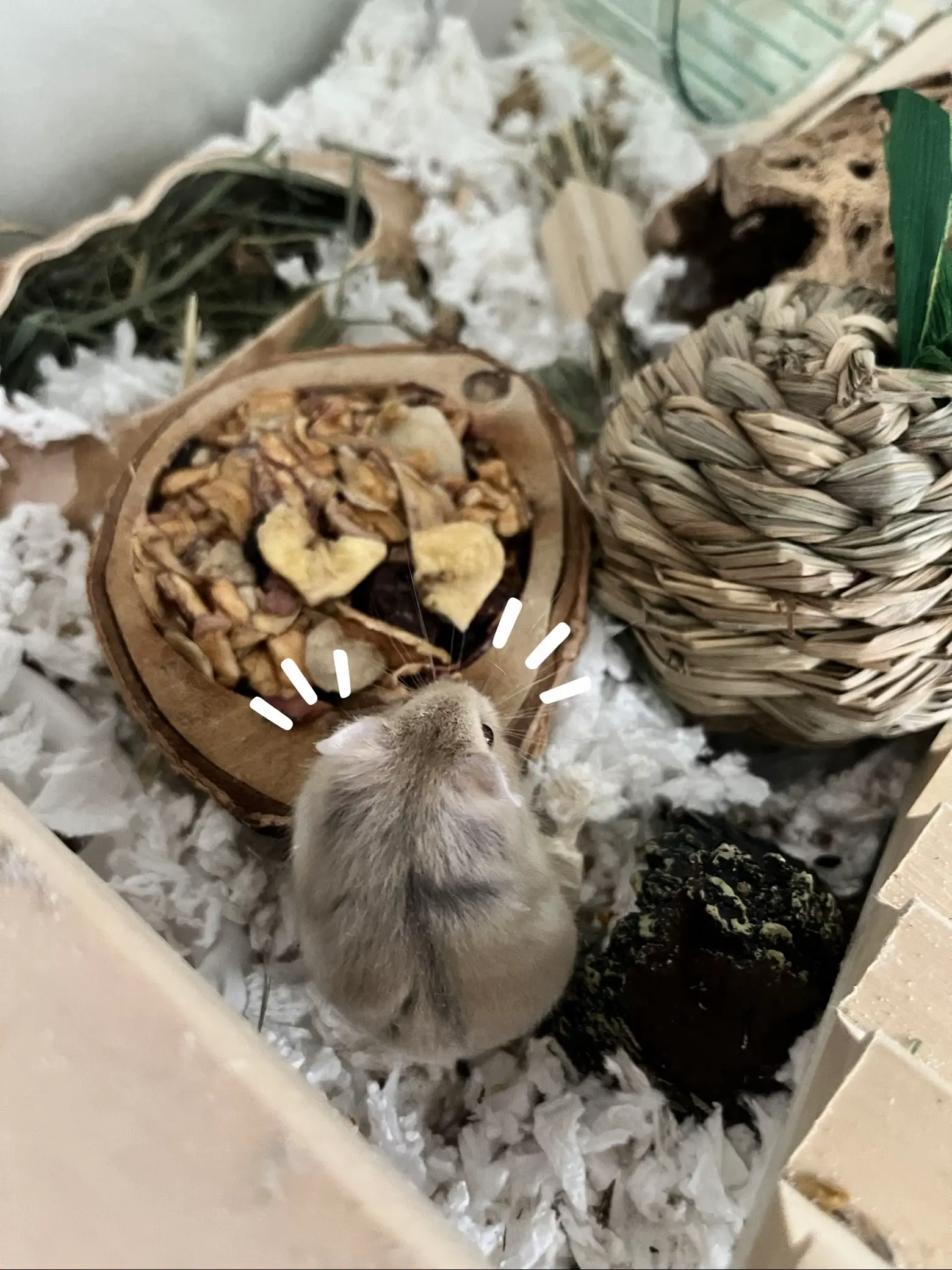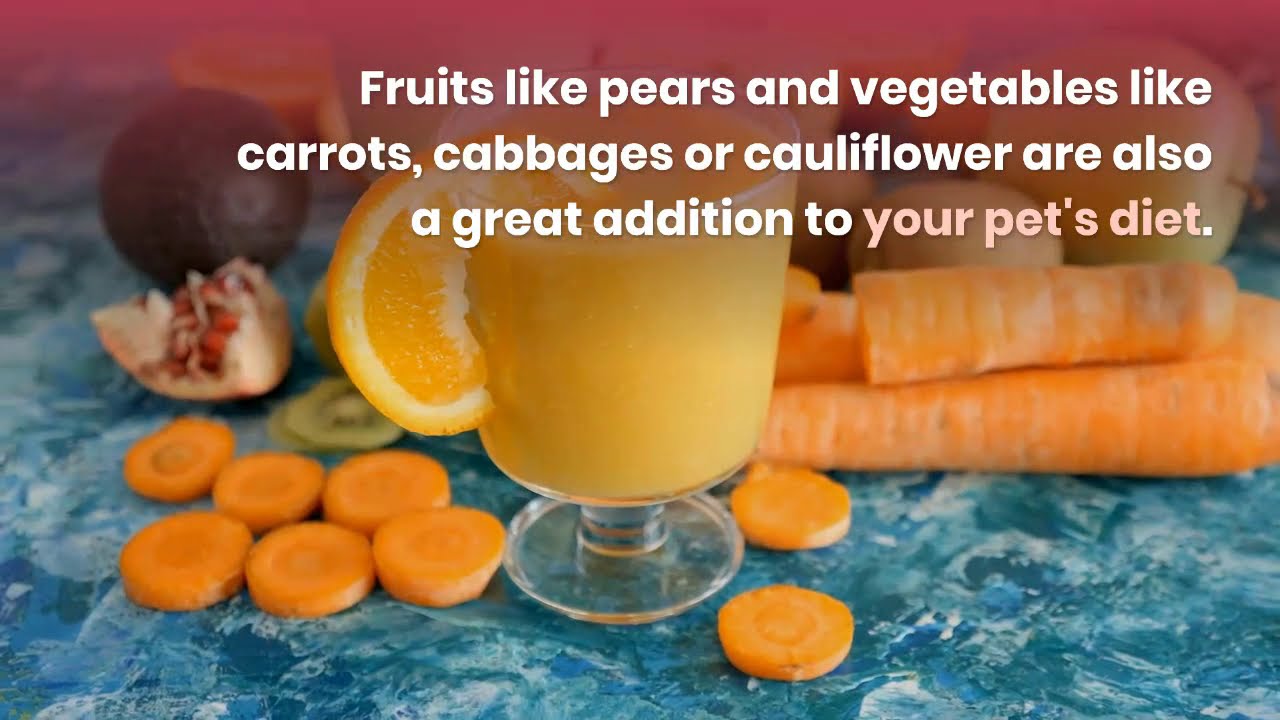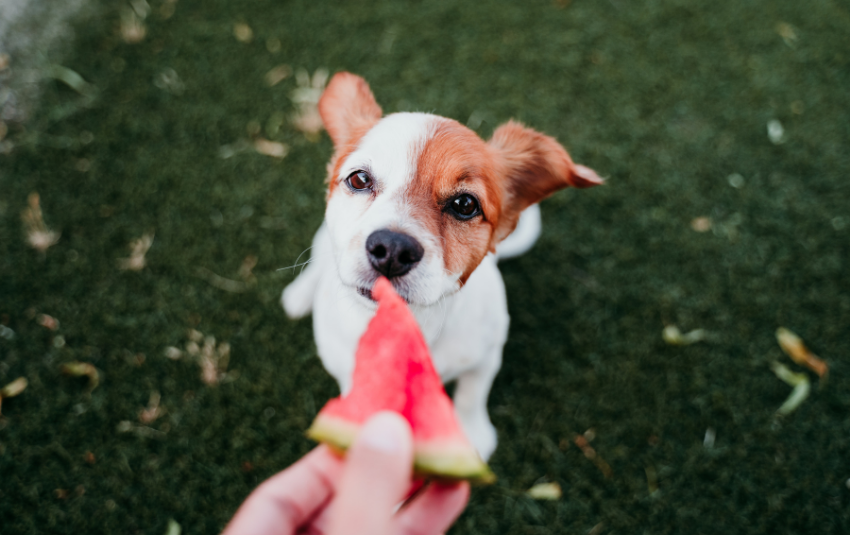As summer approaches and temperatures rise, many of us turn to refreshing fruits like watermelon to beat the heat. But what about our furry little friends, the hamsters? Can they enjoy this summertime treat or is watermelon off-limits for them?
This article will explore both sides of the debate and provide a comprehensive guide to understanding the potential benefits and risks of feeding watermelon to hamsters.
>> READ MORE:
- A Tiny Heart with a Big Beat Understanding Hamster Heart Rate
- Do Hamster Bites Hurt? Understanding the Severity of Hamster Bites
- Do Hamsters Hibernate? Understanding Their Winter Behavior
- How to Tell if Your Hamster is Dead A Guide for Concerned Owners
The Benefits of Watermelon for Hamsters

Watermelon is a surprisingly nutritious fruit, offering a range of vitamins and minerals that can benefit hamsters. Let’s take a closer look at some of the potential benefits:
Hydration
One of the primary benefits of watermelon for hamsters is its high water content. Composed of around 92% water, this juicy fruit can help keep your hamster hydrated, especially during hot weather. As small animals, hamsters are more susceptible to dehydration, making watermelon an excellent addition to their diet.
In addition to providing hydration, watermelon also contains electrolytes such as potassium and sodium, which are crucial for maintaining fluid balance in the body. This makes it an ideal snack for hamsters who may not be getting enough fluids from their regular food and water intake.
Vitamin A
Watermelon is a rich source of Vitamin A, an essential nutrient for healthy vision, skin, and immune function. This vitamin is particularly important for hamsters as they are prone to eye infections and respiratory illnesses. Feeding your hamster watermelon can help boost their immune system and keep them healthy.
Vitamin C
While hamsters can produce some Vitamin C on their own, they still require additional sources of this essential nutrient, especially during times of stress. Watermelon is a good source of Vitamin C, which plays a vital role in overall health and wellbeing. It aids in wound healing, collagen production, and even aids in the absorption of iron.
Potassium
Potassium is another nutrient found in watermelon that can benefit hamsters. This mineral is essential for muscle function, nerve impulses, and regulating fluid balance in the body. A lack of potassium in a hamster’s diet can lead to muscle weakness and dehydration. Feeding them watermelon can help ensure they are getting enough of this crucial nutrient.
Risks and Precautions: Watermelon and Hamster Health

While watermelon has its fair share of benefits, it also brings along some inherent risks that hamster owners must consider before adding it to their pet’s diet. Let’s take a closer look at some of these potential risks:
Sugar Content
Watermelon, like most fruits, contains natural sugars. While this may be beneficial for humans, it can be harmful to hamsters if not consumed in moderation. Hamsters have a sensitive digestive system, and too much sugar can cause an imbalance in their gut flora, leading to issues such as diarrhea and bloating.
To put things into perspective, a 100-gram serving of watermelon contains approximately 8 grams of sugar. For a small animal like a hamster, this amount can be excessive, especially when considering their overall diet. It’s essential to monitor your pet’s watermelon intake and ensure they don’t overindulge.
Choking Hazard
Another concern with feeding watermelon to hamsters is the risk of choking. Unlike larger animals, hamsters have small mouths and can struggle to eat large pieces of food. If you choose to offer watermelon to your hamster, make sure to cut it up into small, bite-sized pieces to avoid any choking incidents.
Digestive Upset
As mentioned earlier, hamsters have a delicate digestive system, and introducing new foods, including watermelon, can cause digestive upset. If your hamster has never eaten watermelon before, it’s best to introduce it gradually and in small amounts. This allows their digestive system to adjust, reducing the risk of diarrhea or other digestive issues.
How Much Watermelon is Safe for Hamsters?

After considering the potential risks, it’s essential to understand how much watermelon is safe for hamsters to consume. As with most treats, moderation is key. A general rule of thumb is to limit watermelon intake to 1-2 small pieces per week. This amount may vary depending on your hamster’s size, age, and overall health, so it’s crucial to monitor their reaction to the fruit and adjust accordingly.
It’s also important to note that watermelon should not replace a hamster’s staple diet of pellets, hay, and fresh water. These are the primary sources of nutrition for these small animals, and treats like watermelon should only be given in moderation.
Serving Watermelon to Your Hamster: Tips and Tricks

Now that we’ve established the potential benefits, risks, and safe amount of watermelon for hamsters, let’s discuss some tips and tricks for serving this fruit to your pet:
- Always choose ripe watermelons without any mold or signs of spoilage.
- Cut the watermelon into small, bite-sized pieces to avoid choking hazards.
- Wash the fruit thoroughly before offering it to your hamster to remove any dirt or pesticides.
- Remove all seeds as they can pose a choking hazard and contain trace amounts of cyanide.
- Offer watermelon as a treat and not as a replacement for your hamster’s regular diet.
- Monitor your hamster’s reaction to watermelon, and if you notice any signs of digestive upset, stop feeding it immediately.
- Never leave watermelon or any other fresh food in your hamster’s cage for extended periods to avoid spoilage and attracting pests.
By following these tips, you can ensure your hamster safely enjoys their occasional watermelon treat without any negative consequences.
Alternatives to Watermelon: Other Healthy Treats for Hamsters

If you’re hesitant about offering watermelon to your hamster or if they simply do not enjoy the taste, there are plenty of other healthy treats you can offer instead. Here are some safe and nutritious alternatives to consider:
- Berries (raspberries, strawberries, blueberries)
- Apples (remove seeds and core)
- Carrots
- Cucumber
- Peas
- Spinach
- Dandelion greens
As with watermelon, it’s essential to offer these treats in moderation and monitor your hamster’s reaction. Keep in mind that each hamster may have different preferences, so don’t be discouraged if your pet doesn’t enjoy a particular treat.
Conclusion
In conclusion, the debate over whether hamsters can eat watermelon has no clear winner. While this fruit offers potential benefits such as hydration and various vitamins and minerals, it also brings along risks such as high sugar content and choking hazards. By understanding the potential benefits, risks, and safe amount of watermelon for hamsters, you can make an informed decision on whether to offer this fruit to your pet.
As with any new food, it’s always best to introduce it gradually and in small amounts while monitoring your hamster’s reaction. If you notice any negative side effects, stop feeding the food immediately and consult with a veterinarian if necessary. With proper precautions and moderation, watermelon can be a refreshing and nutritious treat for your furry little friend during those hot summer months.

